Streams filled with bodies: A grandmother remembers Partition
1947 Partition Archives; a digital platform worker, Taha Shaheen narrates Hashmat Bibi's account
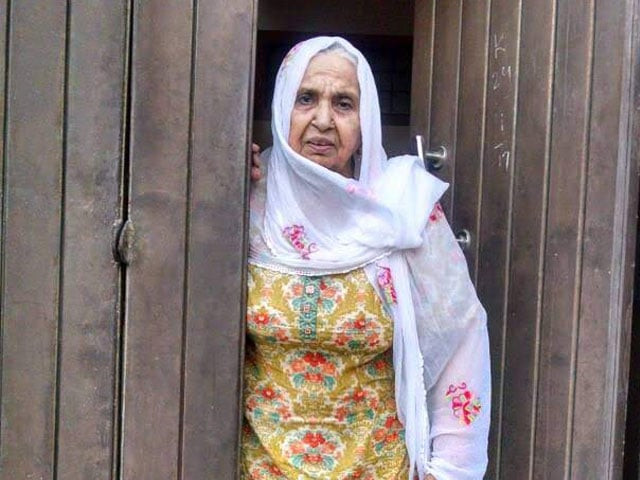
PHOTO: RIDA LODHI
"My grandmother, Hashmat Bibi, was born in a village called Dhudhi in Faridkot in what is now East Punjab," Shaheen told The Express Tribune. "Her early days were spent learning to read the Quran, sewing and playing with girls her age. When she was eight, her oldest brother went to fight in the British Army for the Second World War. He did not come back."
Pakistan, India come together for special Independence Day message
She was unaware of Pakistan's existence until the tender age of 13, Shaheen added. "That was when she heard of Pakistan for the first time. Her family was one of the few Muslim families in the Sikh majority village. Tensions began to rise in Faridkot but because relations between religious groups were cordial in the village, they felt no need to leave," his grandmother told him.
"One afternoon, the police arrived to vacate the Muslims homes. They left most of their possessions behind with every intention of coming back home one day,"continued Shaheen. "A Sikh friend of my great grandfather broke into our house later to bring them a Quran they had left behind. My grandmother recalls him keeping it close to his heart in respect."
1947: In the words of those who lived to tell the tale
"The family joined a kafila [caravan] heading for Pakistan. It was attacked several times, and in one of the attacks, her mother and older brother were killed. The remaining family had to flee leaving the bodies behind," Shaheen added.
"Walking was difficult, my grandmother recalls, and every well or stream had bodies thrown in them."
Hashmat Bibi's remaining family, walked 17 more miles on foot which brought them to a village where their relatives lived who then took care of them. "Back in India, the army was picking up the dead and found my great grandmother's mother and older brother alive. They were brought to Kasur to be treated. It would be several months before both halves of the family learnt that the other had survived and were united," Shaheen concluded.
Have something to add to the story? Share it in the comments below.

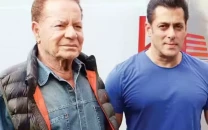
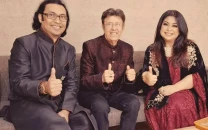

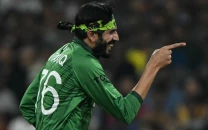
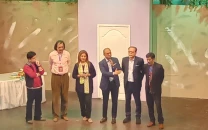













COMMENTS
Comments are moderated and generally will be posted if they are on-topic and not abusive.
For more information, please see our Comments FAQ